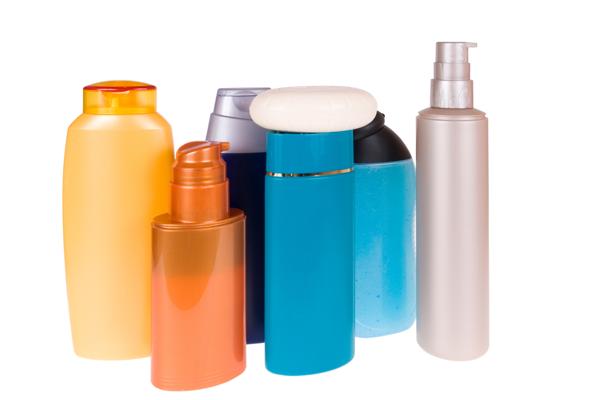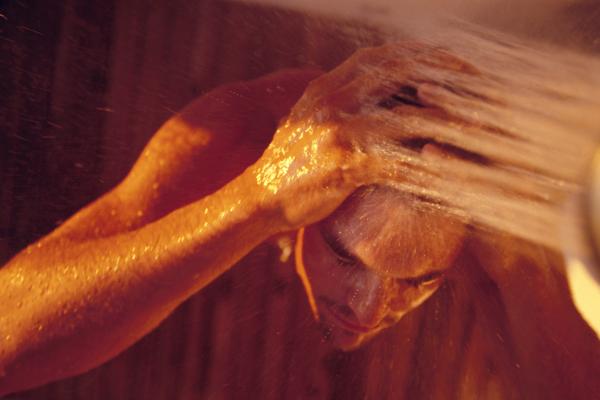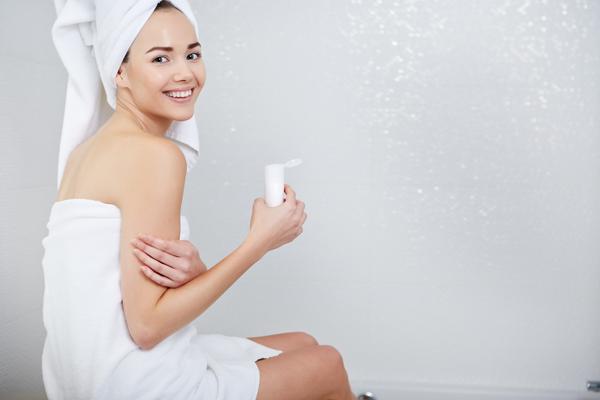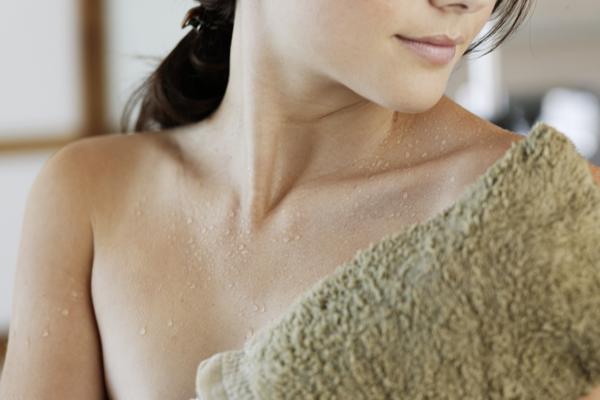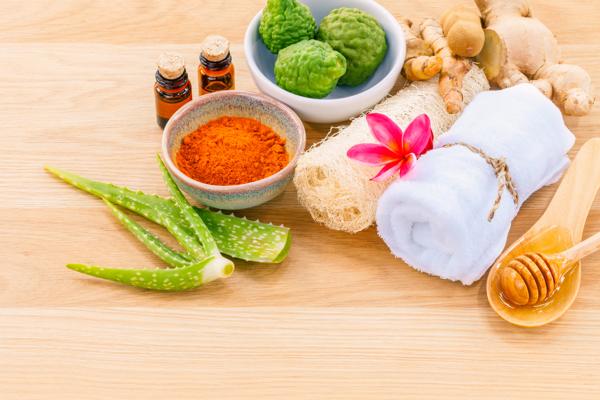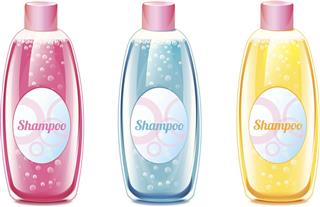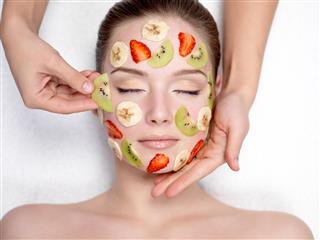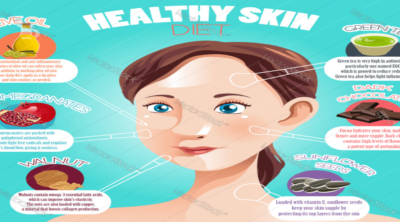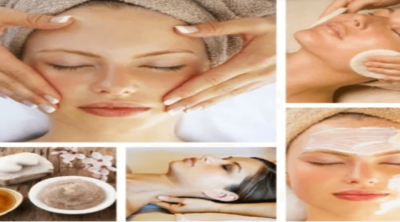
Do you often suffer from itchy skin after a hot bath? Does the itch drive you crazy? Itching after a shower can occur all over the body or it can be limited to certain areas. One must know what causes the itch; how can it be prevented and what remedies exist. There are certain tips and tricks which definitely helps in solving the problem of itchy skin after shower.
Itchy skin after a hot bath is irritating and embarrassing as well. Itching may leave permanent scars on the body and can thus damage your skin forever. Pruritus is the medical term used to describe itching sensation in the skin.
Itching after a shower can occur all over the body or it can be limited to certain areas. Here are some useful tips and tricks which will definitely help you in solving the problem of itchy skin after shower.
Possible Causes
Changing Soaps and Shampoos
Changing soaps and shampoos very often is not good for a sensitive skin. It might further irritate the already delicate skin. In fact, you should not fall prey to advertisements and try new varieties of soaps and shampoos, whatever might be the type of your skin. If you have skin problem, then you should stick to traditional, mild and chemical free cleansers.
Irritants
Check the constituents of your shower gel, soap, shaving cream, shampoo and conditioner which you use during a bath. Sodium lauryl sulfate, a chemical derived from coconut, is used in most of these products which triggers itchy skin after shower. It is a foaming ingredient to work up a lather. Chemicals used in cosmetics and toiletries can make the skin vulnerable to rashes and itches.
Hot Shower
A hot shower usually leads to excessive drying of the skin. This is one of the major causes of itchy skin after a hot shower.
Hard Water
Hard water can leave a fine layer of soap film on your skin which can then trigger the itching sensation. Hard water contains calcium which can make your skin dry and itchy.
Unbalanced Diet
An unbalanced diet, lacking in the essential nutritional elements cannot help retain moisture in the skin. Dry skin, resulting from poor nutrition, often triggers the itching sensation.
Extreme Heat
An immediate hot water shower, after your skin has been exposed to the rays of the sun may intensify the dryness of your skin. This may result in itching all over the body. You might feel restless or miserable due to increased itchiness.
Allergies
Your skin may be allergic to certain products. When your skin comes in contact with the allergens, an itching sensation is triggered. It may last for a few minutes or for a few hours. The chemicals used in the fabric of your towel or bed-sheet can also fuel and intensify allergies and a subsequent itching sensation.
Prevention
Lukewarm Water for Shower
Instead of using hot water, use lukewarm water for bathing. Whenever possible, take a cold shower. Extremely hot water removes the natural oil content from your skin. Don’t ‘over-wash’ your body. If you want to take more than one shower, do not use too much of soap. This will help prevent your skin from drying.
Moistening of Skin
Itchy skin after a hot shower is primarily the result of dry skin. Apply essential oils like lavender and rosemary, or a soothing moisturizing lotion regularly, before and after showers or before going to sleep, so that your skin will always remain soft and supple. Consult your beautician for dry skin care and natural skin care.
Soft Water for Showers
Get the water tested for hardness. Water softening machines can help eliminate the hardness of water. Install one for your home and safeguard your skin from hard water.
Natural Skin Care
Always try to avoid prolonged exposure to excessive cold, heat and humidity. Too much of wetness or too much of dryness can affect the skin texture adversely. Try to maintain the natural moistness of your skin by wearing proper clothes. Lightly press the towel against your skin after a shower, never scrub or rub the skin aggressively.
Avoid Sodium Lauryl Sulfate
Avoid bubblier shampoos and foamier shaving creams. This will reduce the risk of itchy skin after the bath. Also, do not change the brands of your toiletries very often. Read the labels on the products carefully.
Remedies
Apply Soothers
Never scratch or rub the itchy skin. Keep your finger nails short. They may further damage your skin. You can apply ice over the itchy area and suppress the urge to scratch. There are various home remedies like honey and cucumber which can be used to avoid scratching.
Use of Herbal Medicines
There are various herbal medicines for itchy skin. Add some neem leaves in lukewarm water and use the water for bathing. Green gram powder or milk with turmeric can be used instead of soap. This helps reduce the itching sensation.
Use of Antibiotics
Use antibiotics and antihistamines under the guidance of your physician. They can provide quick allergy relief and can help get rid of the symptoms like increased itchiness.
Healthy Diet and Lots of Liquids
Follow a healthy diet so that your skin gets the required nourishment. Drink lots of water and fruit and vegetable juices to maintain the suppleness of your skin. Stay away from aerated drinks because they affect the skin adversely. Consult your health care provider or a dietitian for healthy diet.
Oatmeal Bath
An oatmeal bath, once in a week, helps avoid itchiness of the skin. It makes the skin supple. Oatmeal bath works great for itchy skin.
You should consult your health care provider before following any of the aforementioned remedies because not all home remedies are clinically proven, and they may not have the same impact on everyone. The remedies can help improve your skin condition; you just need to have some patience. The change in the skin quality can be experienced after a few days or after a couple of months. The itching may continue for some more days as your skin will take a few days to regain its original texture and form. Give the skin its time and stop being itchy about your itching skin.
Disclaimer: This BeautiSecrets article is for informative purposes only, and should not be used as a replacement for expert medical advice.
